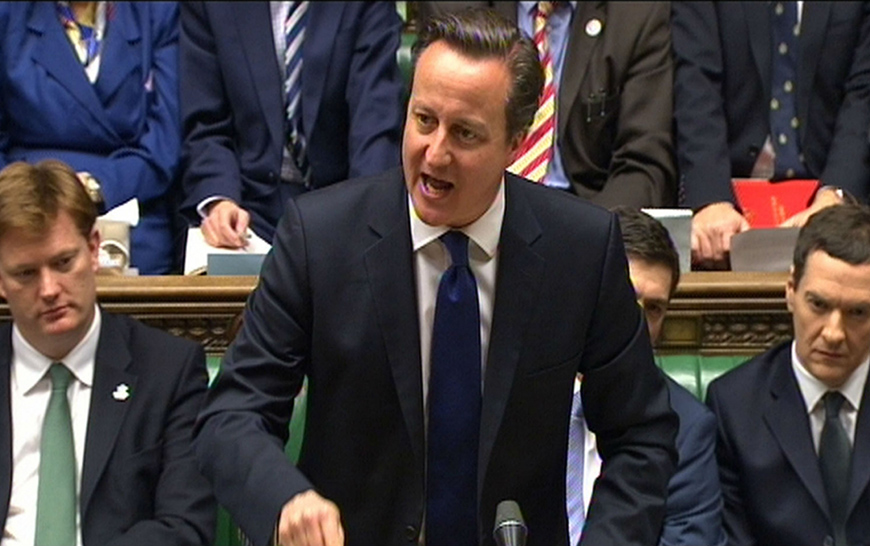How much pressure was David Cameron under? Well, PMQs is an intimidating environment at any time. We can then add the issue of Cameron’s legacy. By all accounts this is something that is extremely important to our former prime minister. As it was possibly the last occasion when UK and much international media would be focusing solely on him, the pressure to give the right message about legacy must have been immense. Add to that a packed house and his family watching from the gallery and it really was a major test.
How did he start? Well at first he look tense and a little hesitant. The ice was broken when he described his appointments for the afternoon: “Other than one meeting this afternoon with Her Majesty the Queen, the diary for the rest of my day is remarkably light.”
He swiftly moved on to give a particularly assured performance. The balance was very much towards humour and mockery of the opposition. He still managed to balance this with a seriousness of tone on points such as the importance of the work of MPs: “People come here with huge passion for the issues they care about. They come here with great love for the constituencies they represent. Yes, we can be pretty tough, and test and challenge our leaders, perhaps more than some other countries. But that is something we should be proud of, and we should keep at it.”
By the end, no one remembers the tense, hesitant start. As an audience we are used to people warming into their speeches and presentations. If you feel like you are taking some time to warm up to your theme do not worry. People will give you that time just as long as you have something interesting to say and say it with conviction.
It is also worth noting David Cameron’s artful use of rhetoric throughout his answers. The rule of three works neatly with phrases like: “I will miss the roar of the crowd. I will miss the barbs from the opposition. But I will be willing you on.”
Perhaps most notable was how he followed the recommendations of the father of rhetoric Aristotle by balancing logos with pathos and ethos. Logos, the logic, may have been thin on the ground for some who would have thought he was dodging the questions he was asked. Pathos, the emotion, was there throughout and brought to a crescendo when echoing his phrase to Tony Blair, saying “I was the future once.” Ethos, his principles, were repeated through his praise for fellow MPs and parliament itself.
When we are speaking we do need to have strong logic, but the emotion and principles are often what stays with the audience afterwards. Whether David Cameron’s performance will help establish the legacy he wants, only time will tell.








0 Comments